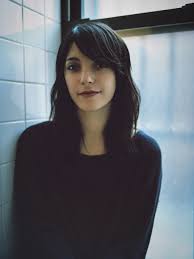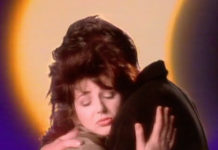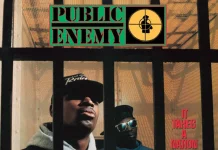Sometimes expressing emotions without holding back at all can be hard, because vulnerability can carry a stigma of weakness. Was that something that ever crossed your mind when it came to sharing your music?
Growing up, sharing how I felt and being vulnerable was considered a strength. It was something that I wasn’t good at for so long, that when I finally learned how to do it, I realized that I felt better and the people I was trying to communicate with felt better, as well. It’s something I’m still working on. Even when it’s hard, when people know how you feel, there’s no room for misinterpretation or misconnection. It’s important to be connected with people. It’s important for the people you’re close to to know who you are. If you shut any side of yourself down, especially that vulnerable side, which is where a lot of love comes from, it’s unhealthy. It is misconstrued as being weak, but that’s a militant upbringing. You’re told not to cry, to walk it off, but it’s OK to acknowledge and embrace pain—and share it. It can be really cathartic and positive.
At one point in your life, you were in a long-term relationship with someone who was extremely unsupportive of your music and your art. How does someone keep making their art when a person they care about in their life doesn’t want them to make it?
It was unbelievable that I even went on as long as I did. There was this driving force inside of me that felt [music] was important for me to do, that it felt good to do. For someone I cared about so deeply to not accept this part of me, like everything else about me was fine except for this one part, that’s not somebody loving you. I realized that I knew who my real friends and my family were, and what unconditional love meant: Where, even when it’s not easy, you accept it and you’re open to it. It just wasn’t love, so I didn’t keep that person in my life. Life is too short to surround yourself with people who aren’t looking out for you.
Via Rookie Magazine







